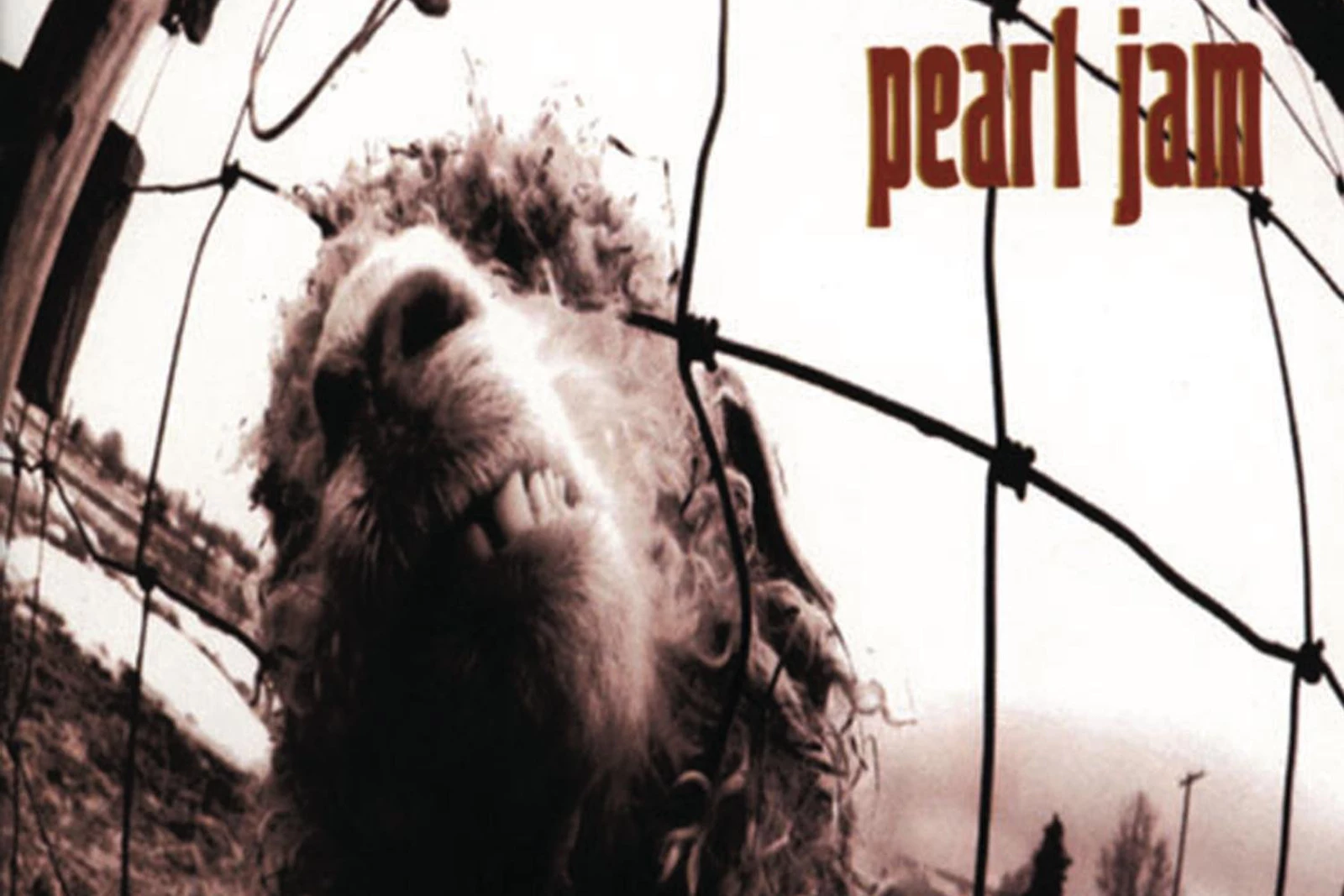

Problems playing these files? See media help.Ī number of critics cited the album as a return to the band's roots. Vedder has said the song's lyrics are about the feelings one has after driving home from a funeral. They weren't expecting us to do something that was unnatural for us." Music and lyrics Ī sample of "Life Wasted", the second single released from the album. Gossard added the label did not input any time or creative constraints upon the band - " We didn't play them much music until it was basically done, and they were pleased. Vedder said J was picked as they searched for "somebody who'll allow us to be who we are and respects how we do things" and contributed with the "facilitation of getting the music out there". J had approached Pearl Jam as early as 2001, and had its first experiments with the band issuing the live album Live at Benaroya Hall in 2004. Manager Kelly Curtis signed a one-record deal with J Records - which ironically during production became, like Epic, a subsidiary of Sony Music after said company merged with J's parent company BMG. Independent label Epitaph Records was considered, but the band wanted a company that would guarantee a wide release. Pearl Jam's contract with Epic Records had ended in 2003, but the band was not ready to release an album without label backing. Outtakes include "The Forest", later featured on Ament's 2008 solo album Tone, and "Of the Earth", which started being played live in 2010. A total of 25 songs were written before coming down to the 13 on the final track listing. Vedder described as a process that demands "the patience of like a National Geographic photographer sitting underneath the bush in a tent", adding he would at times "figure out after eight, nine or eleven drafts that the first one was actually the one".

Ament described it as a "real collaborative effort," and Vedder described it as "absolute democracy." Guitarist Mike McCready stated that the band members were feeling "fresh and energetic" and "were communicating better than ever." Toward the end of the sessions it came down to Vedder to finish up the material, with Ament observing that "the way the record started and the way that it finished is probably two different things." Regarding his lyric writing process, Vedder said that he wrote at least four different sets of lyrics for each song, with many going as high as eight. Vedder admitted that the band "really went in with nothing." The band sat around playing music together and discussed the song arrangements, and in just one week had completed ten songs. įor the first time since 1993's Vs., the band members did not go into the recording sessions with any completed songs, only guitar riffs. The album was mixed by Kasper at Studio X. Bassist Jeff Ament attributed the length of time recording to lead vocalist Eddie Vedder having a child and the band touring in the middle of recording. The recording sessions started in February 2005, and they worked on it off and on throughout the year, with the sessions being interrupted toward the end of the year when the band toured North America and South America. The band began work on the album following the 2004 Vote for Change tour in November 2004, and again employed producer Adam Kasper, who worked with them on predecessor Riot Act.

Pearl Jam was recorded at Studio X in Seattle, Washington. Writing for Kerrang!, George Garner called the album "criminally underrated". The band supported the album with a full-scale world tour in 2006. The album also produced three singles-" World Wide Suicide," " Life Wasted" and " Gone"-which were moderately successful. Pearl Jam was critically well received and a commercial success, debuting at number two on the Billboard 200 chart and eventually outselling the band's previous release, Riot Act. The song lyrics are mostly told from the point of view of characters and deal with the socio-political issues in the United States at the period, such as the War on Terror. The music on the record was proclaimed as a return to the band's roots, with an emphasis on up-tempo songs with an aggressive sound. The band commenced work on Pearl Jam in November 2004 at Studio X in Seattle, Washington and finished in February 2006. It was the band's first full-length studio release in almost four years, since Riot Act (2002). It was Pearl Jam's first and only release for J Records, their last album issued by Sony Music. Pearl Jam (sometimes referred to as The Avocado Album or simply Avocado) is the eighth studio album by American alternative rock band Pearl Jam, released on on J Records.


 0 kommentar(er)
0 kommentar(er)
